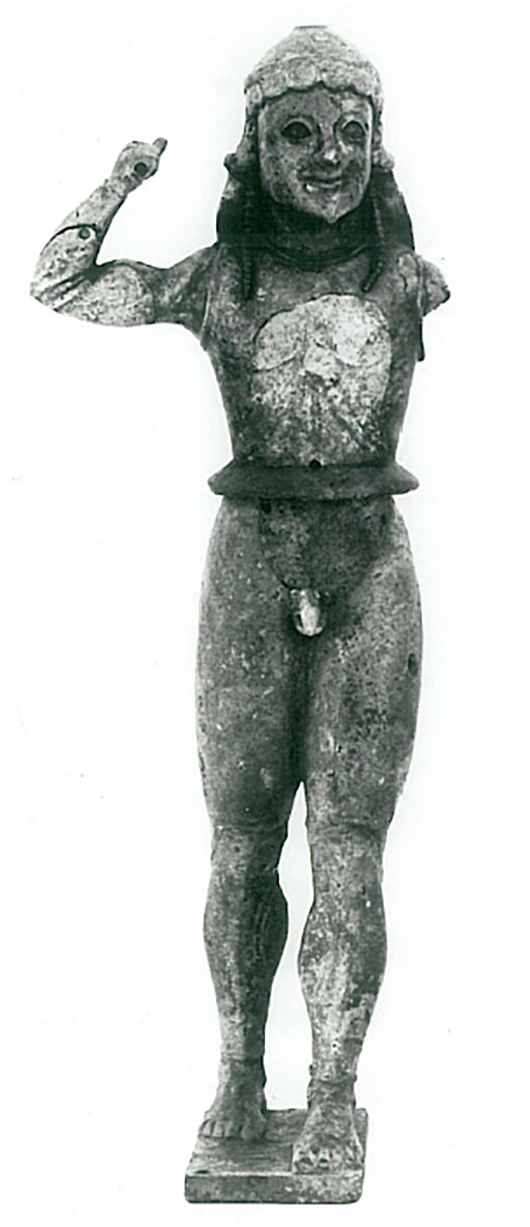9 April: Guest lecture “Knowledge and Community in Early Greek Religion”
Epiphany and the epiphanic impulse of classical artworks have been extensively discussed in recent years, bringing phenomenology and formalism back onto center stage in this area of classical archaeology. Separately, many historians of Greek religion have also renewed their attention to phenomenology in a different way by emphasizing personal religion over the sociological account of polis religion. My paper sketches out some intersections of these concerns within the context of the dialectic between local specificity and Panhellenic generality in early Greek religion.
I will discuss scenes of epiphany in Homeric epic, highlighting the central role played by knowledge in the human recognition of divinities, a process whose cognitive dimensions are emphasized by comparison with scenes in which mortals recognize one another. If knowledge and reasoning are the key components of epiphany—rather than unmediated experience of the divine—then our attention as historians and archaeologists should be directed toward how social groups, and shared or “common knowledge,” intersect with religious concepts and with the materiality of cultic practice.





